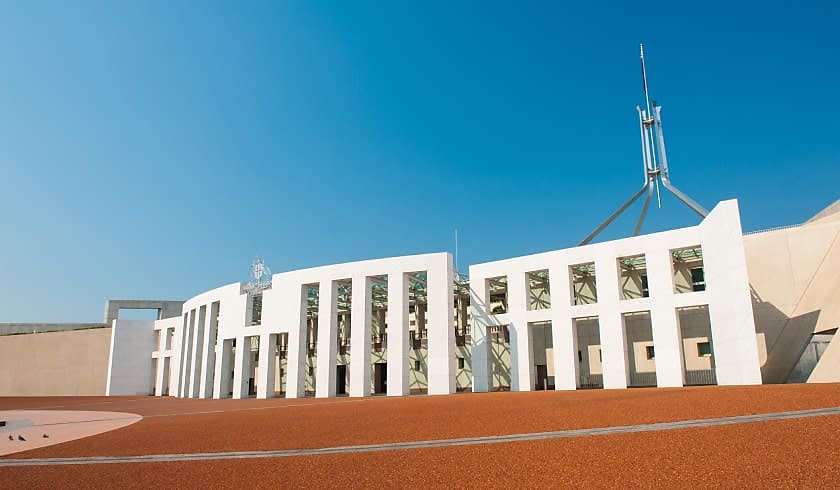Senate vote on Help to Buy officially delayed until November
The government has failed to bring a vote on its Help to Buy legislation after hoping to force the issue this week – even if that meant failure.

Though the government indicated it was still negotiating on the bills to enable its shared equity scheme to move forward as recently as August, the Labor Party decided this week to let the legislation meet its fate, scheduling the bills for debate in the Senate on Monday, 17 September, with the intention of bringing it to a vote, where it was widely expected to fail.
However, Greens leader Adam Bandt announced on Tuesday afternoon that the party would move to delay the bill for two months – a motion that passed with Coalition backing on Wednesday morning.
A foundational piece of the Labor Party’s housing agenda during the 2022 federal election, the delay of the Help to Buy Bill 2023 and the Help to Buy (Consequential Provisions) Bill 2023 is a blow for the government, with Treasurer Jim Chalmers recently stressing the government’s position that the scheme is integral to addressing the housing affordability issues that have been plaguing the nation.
“We haven’t got all of our eggs in one basket, but those two bills are really important,” Chalmers commented.
Under the scheme, 40,000 people over four years would be supported into home ownership, with the government committing 40 per cent towards purchase price of a new home and 30 per cent towards an existing home, with price caps in place depending on the property’s location. The government would then retain its equity share upon sale of the property, or the owner would make incremental payments to buy out the government’s share.
With the Greens’ motion passing, the bills will not be considered again until 26 November 2024.
While the Coalition has opposed the institution of the program from the beginning, the Greens have said they are open to passing the measure, a claim the government has refuted this week.
Finance Minister Katy Gallagher said the Greens were “not genuine about negotiating”, owing to the requests the minor party has put forward in return for its support.
According to Bandt, the party is seeking significant changes to negative gearing and the capital gains tax discount, as well as rental freezes to obtain his colleague’s Senate votes.
Gallagher argued these requests were “unrelated to the bill”.
“It’s just another delay. And it’s just disingenuous for the Greens to walk around [for] say two months and [suggest] they’ll have some miraculous turn of opinion and support the bill. Like, if they oppose the bill, vote the bill down,” the Finance Minister said.
Double dissolution threat nears
Just as when a similar delay was encountered in the government’s efforts to pass the legislation associated with the Housing Australia Future Fund (HAFF), this now brings the possibility of a double dissolution of Parliament into play.
A double dissolution election can be called by the Prime Minister when the upper house rejects a government bill twice over the course of at least three months. The government could take this delay as its first “failure to pass”, as it did in the case of the HAFF bill.
That would mean that a second rejection later this year would give the Prime Minister the power to call an election that brings every Senate seat into question, rather than the usual half-Senate election.
A double dissolution election is still regarded unlikely, but the Prime Minister did not rule out exercising the option when queried on Tuesday, saying he would “wait and see”.

